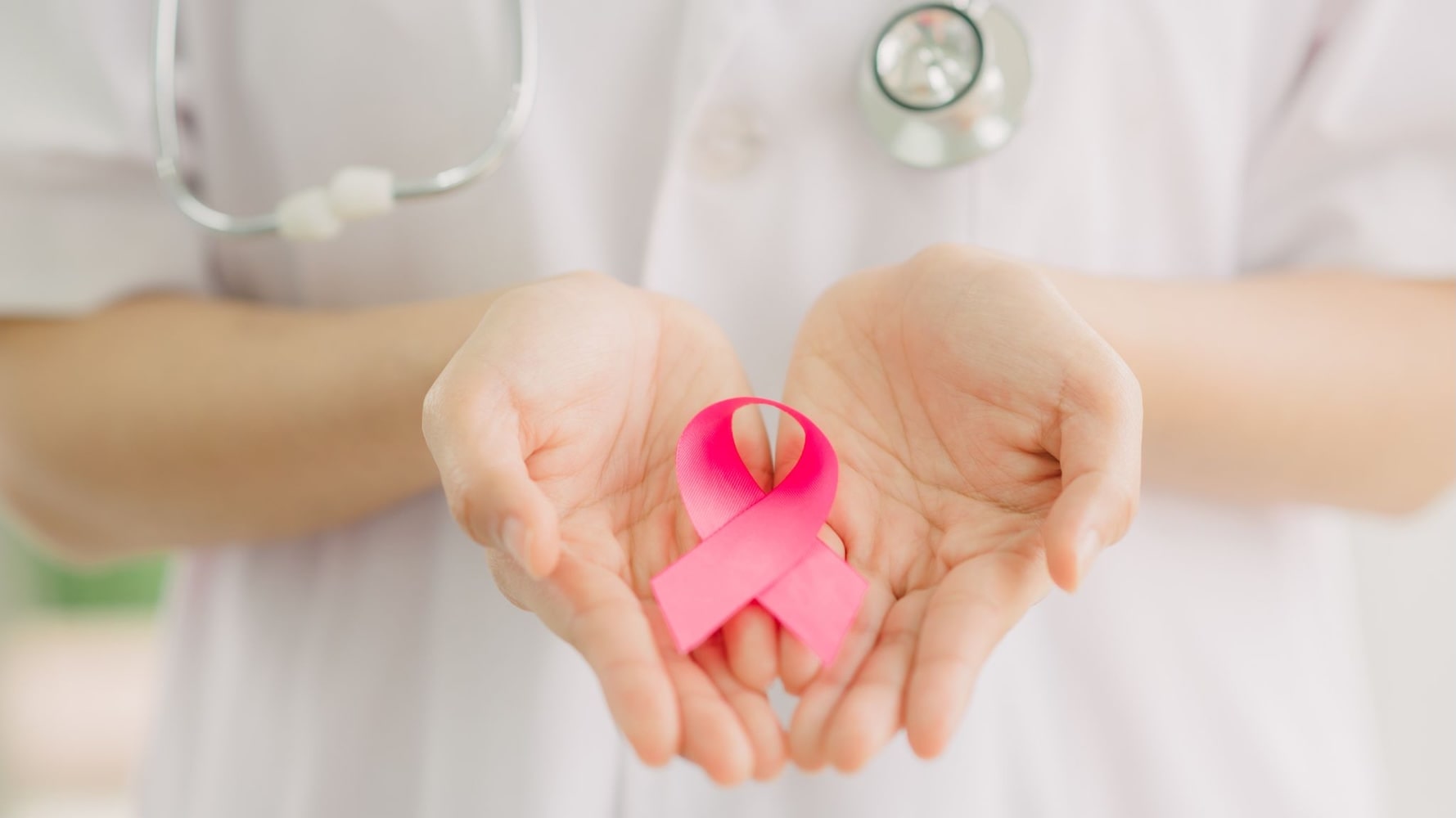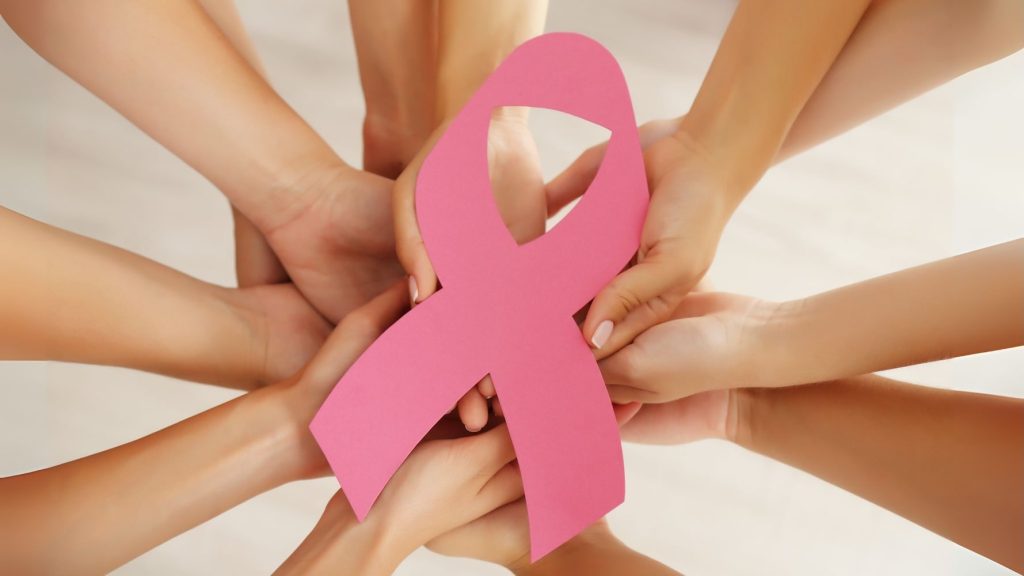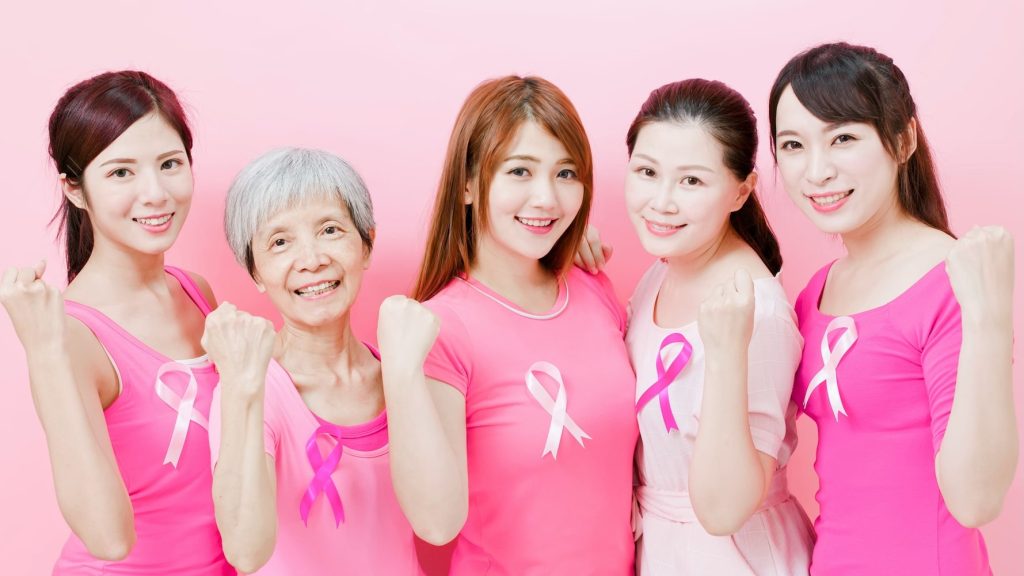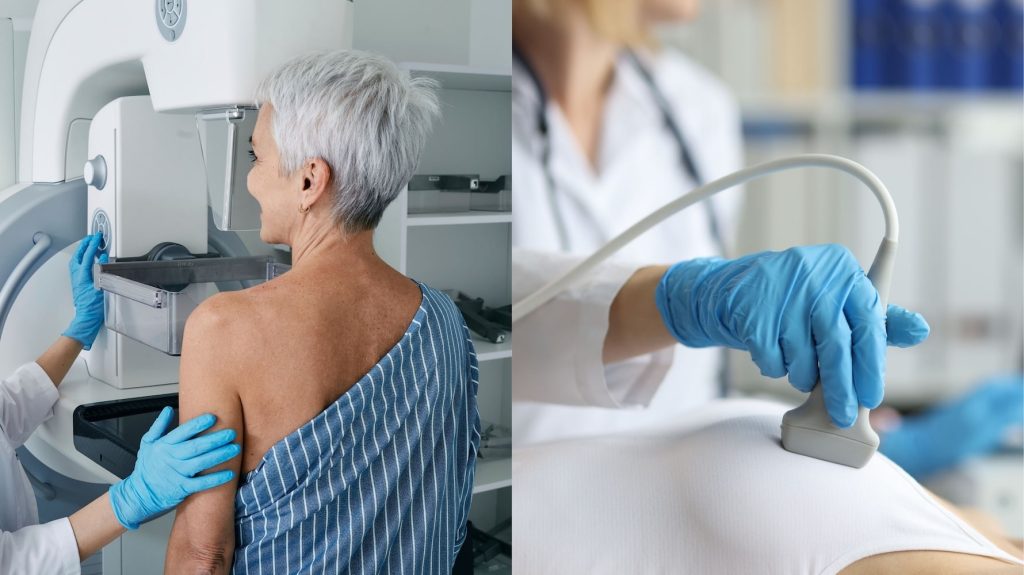Undergoing surgery for a breast tumour is not just a medical procedure. It is a deeply personal and emotional experience. Whether it was a lumpectomy or part of a broader treatment plan, the period after surgery can bring physical discomfort, emotional vulnerability and uncertainty about what comes next.
Your recovery matters. The period following surgery is when your body begins to heal, but it’s also when your heart and mind may need the most care. You might be wondering how to manage pain, care for the wound or cope with changes in your body. These are common concerns, and you deserve support through each one.
That’s why understanding your breast tumour removal recovery is important. This guide offers a gentle, step-by-step look at what to do after breast tumour removal—from caring for your surgical site to managing side effects and planning your next steps. With the right approach to breast cancer surgery aftercare, you can support your healing and emotional well-being during this critical phase.
No matter where you are in your journey, know that healing takes time—and you’re not alone.
Immediate Post-Surgery Care

The first 24 to 72 hours after your operation are typically spent in a recovery setting, either at the hospital or at home, depending on your procedure and overall condition.
You may feel soreness, fatigue or nausea, which are normal. Medications will be prescribed to help with managing pain after surgery and reducing inflammation. If a drain is placed to remove excess fluid, our care team will teach you how to manage and monitor it.
Some women may also undergo lymph node removal recovery, especially if the tumour was cancerous. This can sometimes lead to swelling in the arm, a condition known as lymphedema. Early exercises and gentle movement may help reduce this risk.
Rest is critical throughout this early phase. Let your body adjust to the changes and don’t hesitate to contact our surgeon if anything feels unusual. Prompt attention can prevent complications and ensure you stay on track during your breast tumour removal recovery.
Incision Care After Breast Surgery

Your incision may look unfamiliar at first, but this is a normal part of healing. Follow all instructions for wound care after surgery, including gentle cleaning and proper dressing techniques. Keeping the area dry and protected reduces the risk of infection.
It’s important to know what to expect after breast surgery. Some redness and tenderness are common, but increasing pain, pus or fever could signal an infection. In these cases, contact your clinic immediately.
Over time, the incision will begin to heal, and you’ll move into the scar healing and management phase. Our surgeon may recommend topical treatments, massage or silicone sheets to help reduce scar formation.
If you’re unsure about any part of your wound care or feeling anxious about how the scar might change your body image, speak with our care team. Expert guidance is essential for both physical and emotional healing.
Managing Side Effects
It is normal to experience physical discomfort in the days and weeks after surgery. These sensations can feel unfamiliar and, at times, overwhelming — but you’re not alone. Many women go through similar challenges, and there are ways to manage them with care and support.
Common side effects include:
- Swelling or bruising around the chest or underarm
- Tightness or heaviness in the chest area
- Numbness or tingling, especially if nerves were affected during surgery
- Shoulder stiffness, particularly after lymph node removal
To support your breast tumour removal recovery, our doctor may recommend:
- Mobility exercises – gentle stretches to improve movement and prevent long-term stiffness
- Pain relief medications – to help you rest and move more comfortably
- Wearing loose, soft clothing – to avoid pressure on sensitive areas
- Using extra pillows – for better support when lying down or sleeping
- Keeping a recovery journal – to track symptoms, progress, and questions for follow-ups
Even with preparation, the side effects can feel discouraging at times. But most of them improve gradually with patience, time and proper care. Each small step you take is part of healing.
Your breast cancer surgery aftercare isn’t just medical — it’s personal. We’re here to guide you through it with empathy and expertise, so you can move forward with confidence.
Follow-up Appointments
After surgery, our doctor will schedule a follow-up to review your pathology results and determine if additional treatments are needed. This is a key step in your healing and cancer care journey.
You may discuss follow-up treatments such as radiation or chemotherapy, depending on the type and stage of the tumour. These treatments are often essential to reduce the risk of recurrence and target any remaining cancer cells.
If you’ve undergone a mastectomy, this is also when you may discuss options for post-mastectomy care or reconstruction.
Stay informed, ask questions and bring a loved one for support if needed. Your follow-up visits are not just medical—they’re emotional checkpoints too. They ensure you’re healing well and help guide the next steps confidently and safely.
Emotional Recovery
Healing isn’t just physical. Many women struggle with the emotional impact of breast surgery, particularly when there are changes in appearance or uncertainty about the future.
Feelings of vulnerability, fear or grief are normal. Whether you had a lumpectomy or a more extensive procedure, it is okay to seek emotional support. Support groups, mental health counselling and peer networks can provide powerful relief and perspective.
For those concerned about breast cancer recurrence monitoring, our care team will explain how and when it will be done. This helps build reassurance and a sense of control as you move forward.
Returning to Daily Life

Resuming your routine after breast surgery takes time. Your body has just been through a major surgery, and healing doesn’t follow a strict timeline.
Most women can start light daily activities within a few days, such as walking or simple household tasks. However, more strenuous activities may need to wait.
During your breast tumour removal recovery, our doctor will guide you through:
- Activity restrictions — such as avoiding heavy lifting, reaching overhead or intense workouts for a few weeks
- When it’s safe to return to work, especially if your job is physically demanding
- How to reintroduce gentle movement or exercise, depending on how your body is responding
Being kind to yourself is just as important as any medical advice. There’s no need to rush back into “normal.” Healing at your own pace — both physically and emotionally — allows you to rebuild strength and confidence more sustainably.
Nutrition also plays a vital role in your recovery. A healing diet can help reduce inflammation and support tissue repair.
Supportive nutrition tips include:

Eat more colourful fruits and vegetables, which are rich in antioxidants

Include lean protein (like fish, chicken or legumes) to rebuild tissue

Drink plenty of water to stay hydrated and support circulation
Your emotional well-being matters too. Some women feel pressure to “bounce back,” but recovery isn’t just about doing more — it’s about feeling whole again.
Reach out if you need help adjusting to the changes. You’re not alone in this.
Long-Term Care and Surveillance
Once you’ve recovered from surgery, your long-term wellness becomes the next focus. Regular check-ups and imaging help with breast cancer recurrence monitoring, allowing any concerns to be caught early.
You’ll also be advised to perform self-exams at home and report any changes to our doctor. Our care team will guide you on what to look out for and how often to screen.
Lifestyle changes can support continued wellness. These include maintaining a healthy weight, staying physically active and avoiding smoking or excessive alcohol—all of which lower the risk of recurrence.
By staying proactive, you not only protect your health but also build a new chapter of resilience and strength after breast cancer.
Moving Forward with Care at Andrew Lee Breast Clinic
Breast tumour removal recovery is not just about the body—it’s about your heart, your emotions and your everyday life. This journey can bring moments of uncertainty, but also moments of strength.
Whether you’re learning what to do after breast tumour removal or adjusting to changes in how you feel, know that you’re allowed to take things at your own pace.
At Andrew Lee Breast Clinic, we’re here to walk beside you—not just for your next appointment, but for the questions, the emotions and everything in between. If you ever feel unsure about any part of your breast cancer surgery aftercare or you’d like a second opinion on your recovery plan, please reach out.
You deserve clarity, comfort and care that respects every part of your healing.







